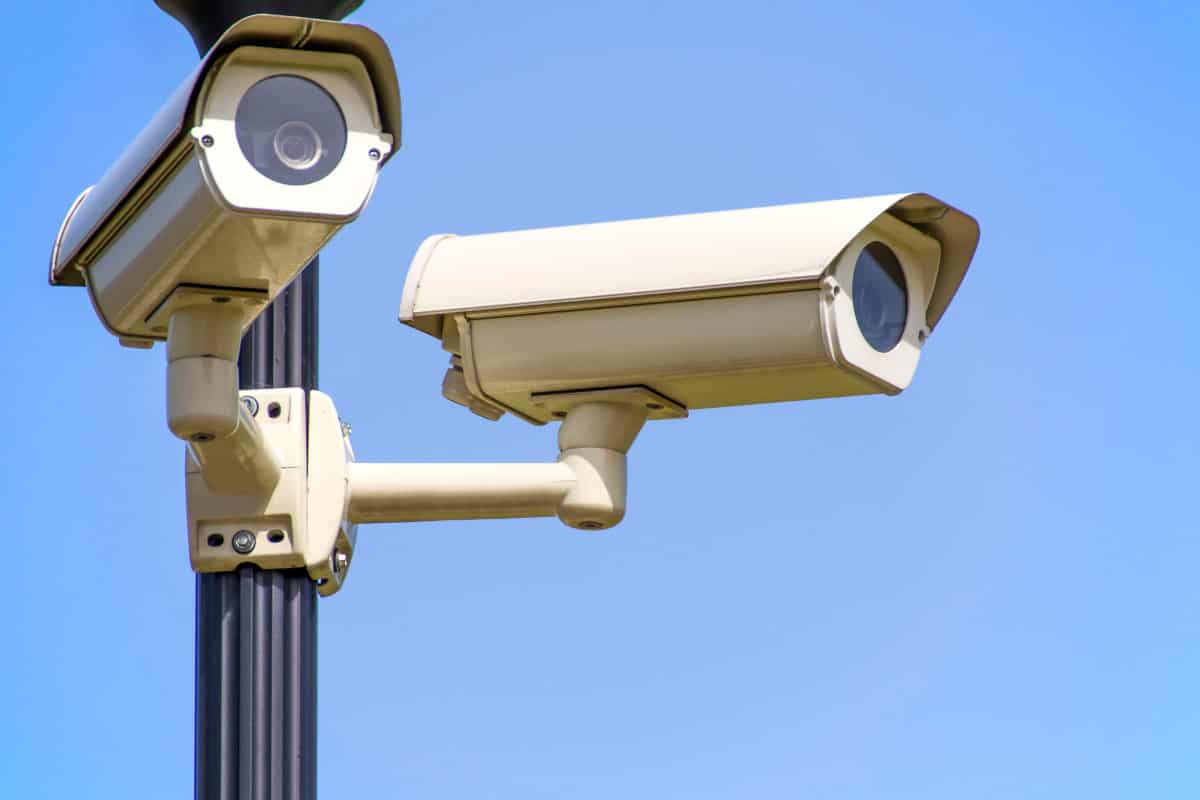Shantelle is a Legal Tech Intern at Lawpath, working as part of the Content Team. She is currently in her final year of a Bachelor of Laws and a Bachelor of Business at the University of Technology Sydney. She is interested in emerging technologies and privacy.
The security industry in Australia has seen rapid growth over the past decade and this is looking to continue well into the future. If you are passionate about creating a safe and secure environment, this might be your next move. Read on to find out four things to consider before starting your own security systems business.
(1) Your Target Market
With any business, it’s important that you have an identifiable target market. Although your first thought might be to cast the widest net possible, the truth is, security systems are not for everyone. You’ll find that your customer base will actually be quite narrow. Moreover, they will have certain common characteristics that you can target and appeal to.
Market research will assist you with understanding your ideal/typical customer. It will provide insight into:
- Whether your customers will be predominately male or female;
- The applicable age bracket;
- How much they earn/spend;
- Whether they shop online or in-person; and
- How do they get their information.
In turn, this should help you make decisions such as what services to offer and what is the appropriate price point. Additionally, it should help you determine how best to spend your marketing budget.
(2) Your Service
Going hand in hand with defining your target market is figuring out what services you intend to offer. Firstly, think about whether you are providing retail or commercial security systems. Secondly, think about whether you are simply providing the equipment or whether you will provide ancillary services. Ancillary services include providing installation, repair and/or maintenance services.
You might also what to think about how to set yourself apart from the competition. Will you provide same-day delivery, 5-year warranty or 24/7 customer support? Having some sort of distinguishing trait makes a world of difference and is often the deciding factor for most customers.
(3) Your Store
It used to be that if you were starting a business, you’d have a physical store. However, that is no longer the case. You could have a physical store, an online store, or both!
A physical store allows customers to see the products, receive a demonstration and ask questions on the spot. It also allows for foot-traffic and acts as a form of advertisement. However, you’ll have to factor in the cost of rent and hiring employees into your ongoing expenses.
Alternatively, an online store would eliminate the cost of rent. In its place, you’d need to consider the importance of high-quality images and detailed product descriptions. You would also need to ensure that your customer service support is responsive and knowledgeable.
(4) Your Paperwork
Switching lanes, you will need to consider your legal requirements before opening up shop. When starting a new business, you are required to register for an Australian Business Number (ABN). An ABN is used to claim tax credits, for invoicing purposes and is required if you intend on registering your business name.
Moreover, look into what security licence(s) you are required to hold. This will vary depending on what state you are operating in and what security activities you are performing.
Conclusion
Starting your own security systems business is both a challenging and rewarding experience. To set yourself up for success, work through the points above and take the time to develop your business plan.
If you are after more tailored advice or simply have an unanswered question, feel free to reach out to one of our business lawyers.

Get a fixed-fee quote from Australia's largest lawyer marketplace.






